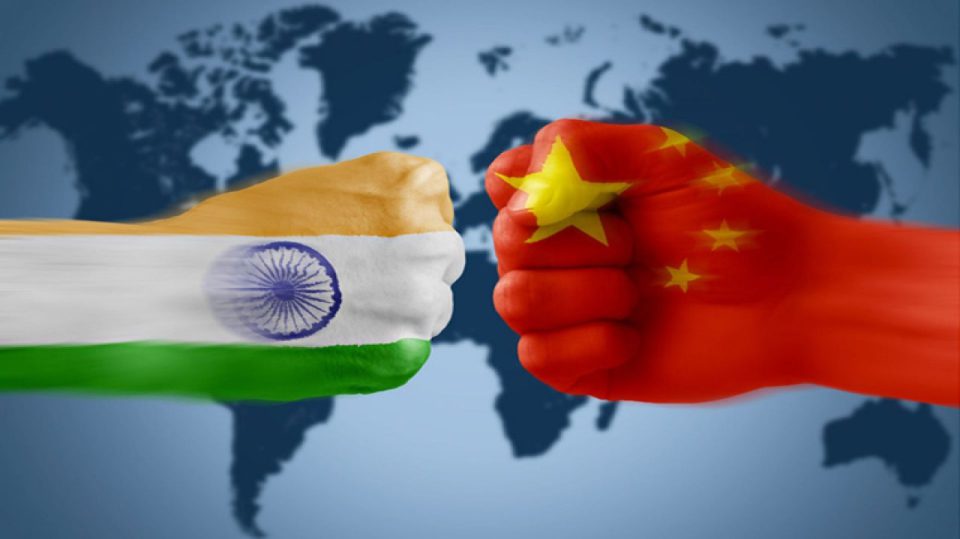In a recent development, three Indian martial arts athletes hailing from the northeastern Indian state of Arunachal Pradesh have been denied clearance to participate in the Asian Games in Hangzhou, China, due to a territorial dispute. The athletes, who were competing as wushu fighters, were denied accreditation cards necessary for entry into China, sparking controversy and diplomatic tensions between the two nations.
Arunachal Pradesh, a region claimed by China as “South Tibet,” has long been a point of contention between India and China. The athletes were approved to participate by the Hangzhou Asian Games Organizing Committee but encountered issues when attempting to download their accreditation cards, which serve as visas for entry into China. As a result, they were unable to join the Indian contingent at the Asian Games.
India’s Ministry of External Affairs, along with the Indian Olympic Association, has lodged a strong protest against China’s decision to bar the athletes, stating that it violates the spirit of the Asian Games and the rules governing the event, which explicitly prohibit discrimination against competitors from member states. India has also expressed its right to take suitable measures to safeguard its interests in this matter. The Olympic Council of Asia (OCA) has taken up the issue with the respective governments and expressed its concern over the incident. OCA’s acting president, Randhir Singh, affirmed that discussions were underway to address the situation and find a resolution.
Wushu, also known as kung fu, is a multidisciplinary martial art that originated in China, making the participation of Indian athletes particularly significant. However, this incident follows a pattern of tension between the two nations regarding Arunachal Pradesh. Earlier this year, China renamed 11 places in the disputed region, further exacerbating the dispute.
India has consistently maintained that Arunachal Pradesh is an integral and inalienable part of its territory. The Dalai Lama, who fled to India in 1959 after a failed uprising against Chinese rule in Tibet, has a connection to the region, which shares a common Buddhist cultural heritage with Tibet. China’s official stance remains firm, with spokeswoman Mao Ning stating that the Chinese government does not recognize the so-called Arunachal region and asserting that South Tibet is an integral part of China.
This incident not only highlights the ongoing territorial disputes between India and China but also underscores the complexities that can arise when politics intersects with sports on the international stage. The situation continues to evolve, with diplomatic efforts ongoing to address the issue and ensure fair competition at the Asian Games.

